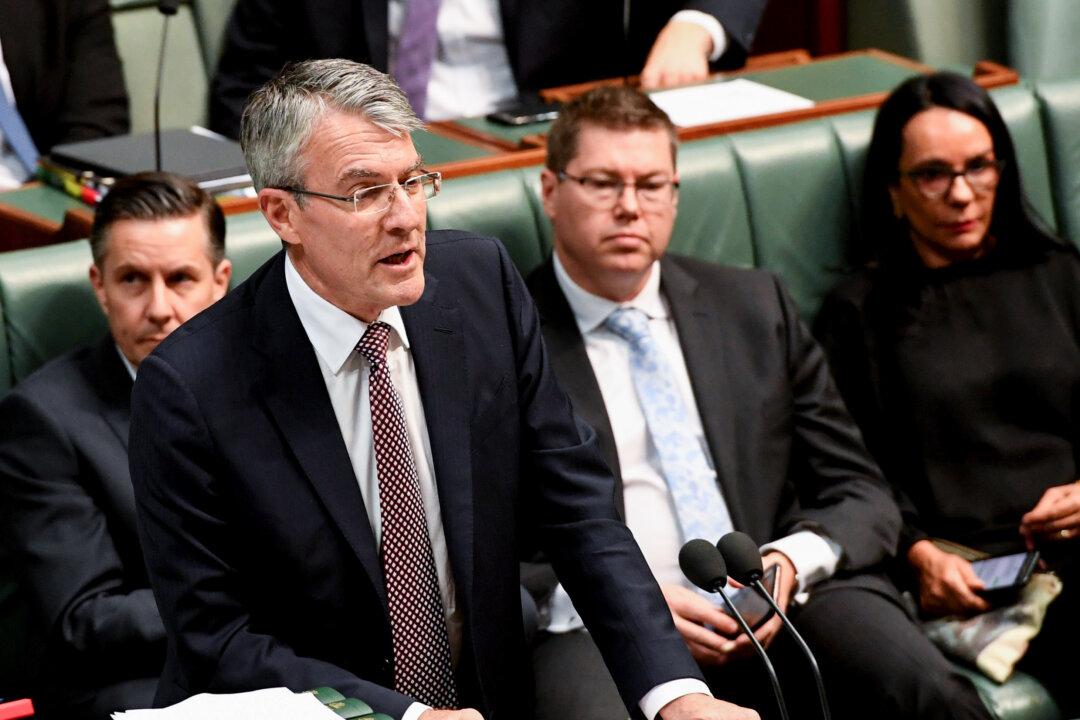A family law expert has criticised the Labor government’s push to scrap the legal assumption that parents going through a divorce have equal responsibility for raising their children, warning the move will turn the family unit into a “political football.”
In the biggest change to child custody arrangements since 2006, the court will no longer presume an “equal shared parental responsibility when making parenting orders,” according to the Family Law Amendment Bill 2023 (pdf).




